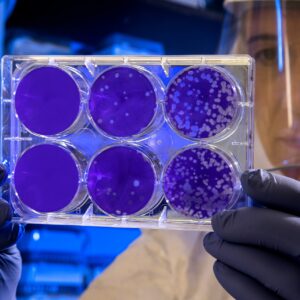The collaboration aims to demonstrate that the immune response from a fractional dose of 0.1ml vaccine delivered needle-free into the intra-dermal region of the skin is equivalent to the standard dose of 0.5ml vaccine delivered with a needle and syringe into the muscle.
Based on WHO guidance that has been substantially adopted throughout the world, there is a migration from the use of oral polio vaccine (OPV) delivered by drops, to IPV that is injected into the body. IPV is more effective against re-emergent strains of the virus.
Rajen Dalal, CEO and president of PharmaJet, said: “The cost of scale up, manufacturing and logistics of supplying and administering injected polio vaccine are high, however it can be reduced substantially if instead of the traditional 0.5ml intra-muscular injection we can switch to 0.1ml injected intra-dermally. PharmaJet’s intra-dermal injection technology can reduce the cost.”
Lucas Elting, chief executive officer of the Netherlands Vaccine Institute, said: “Eradication of Polio is a major global health goal for governments around the world, the WHO and NGOs such as Rotary International and the Bill and Melinda Gates Foundation. NVI has been at the forefront of innovation in development, manufacturing and/or supplying Salk and Sabin IPV vaccines worldwide. Our capability will play a major role in preventing the reemergence of polio, and as a public Dutch institution we are committed to adding polio to the list of eradicated infectious diseases.
“At the same time, the needle-free device can be used by the large network of hundreds of thousands of community healthcare workers who deliver OPV drops door to door, without having to retrain them to inject IPV with needles and syringes. Needle-free will also eliminate the risk of needle stick injuries and reuse of spent sharps, which cause the spread of blood borne diseases such as AIDS and hepatitis.”





